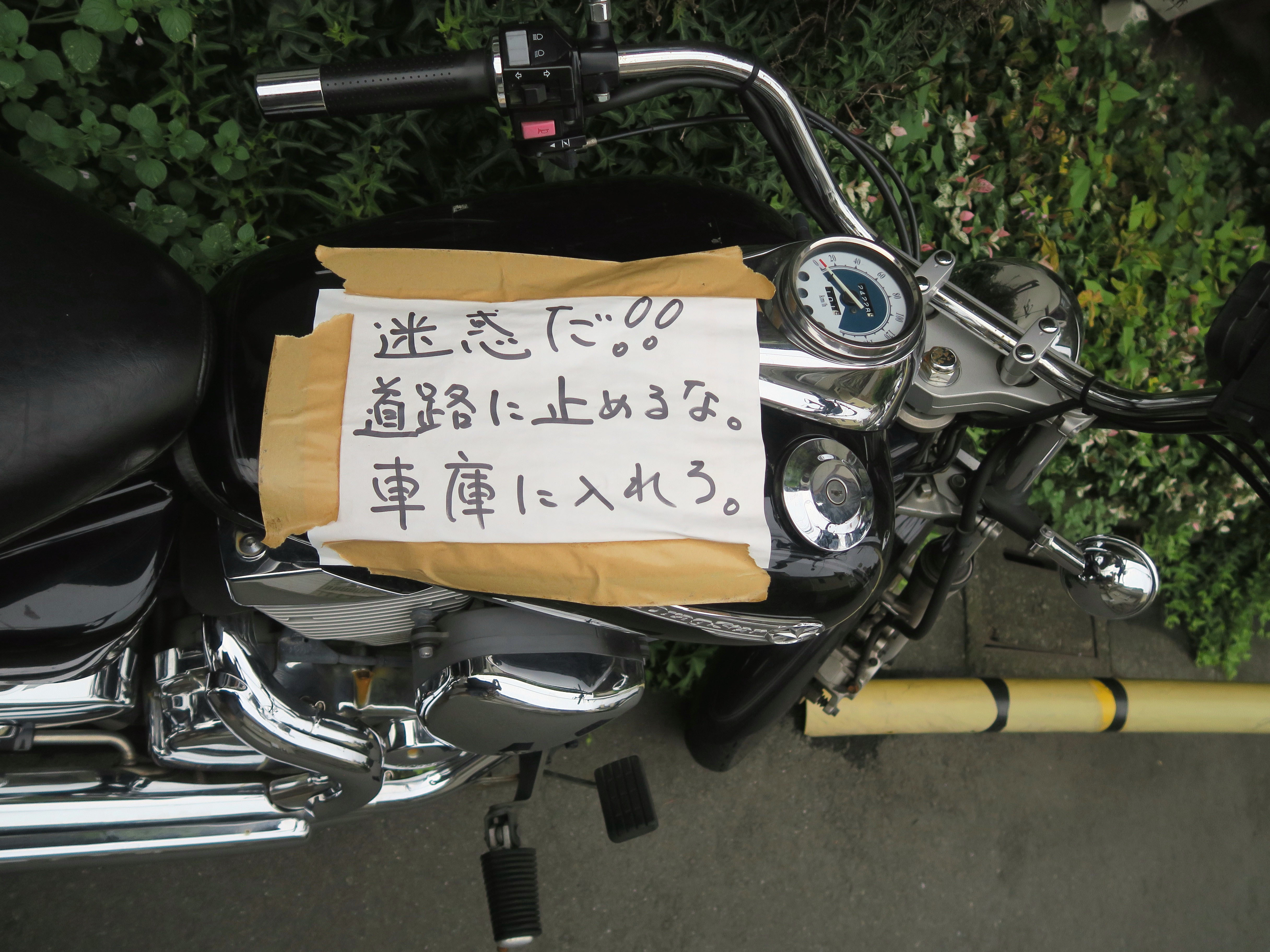For most of of our waking moments, we humans are swimming in a sea of language. But if you paddle about with your eyes affixed to your smartphone, or with the sound cranked up on your music player, you're almost certainly going to miss out on some good stuff. To glean new vocabulary and useful insights, you have to make sure your mental switch remains in the "on" position.
Put me on a train, for example, and my eyes immediately start to wander over the 吊り広告 (tsuri kōkoku, hanging ads) for magazines or new products. Or I'll find a nearby commuter poring over a sports tabloid and engage in 盗み読み (nusumi-yomi, literally, "theft-reading"), which is how Japanese describe reading over another person's shoulder.
When I was first studying the language, I soon observed that newspapers tended to devote lots of front-page coverage to 米国 (Beikoku, "rice country," i.e., the United States), reporting on the activities of 米軍 (Beigun, the U.S. military), 米政府 (Beiseifu, the U.S. government), 米大統領 (Bei-daitōryō, the U.S. president), etc. But then I'd encounter the word 米価 (beika) and confusion reigned. "The value of America? What's that supposed to mean?" I would wonder.



















With your current subscription plan you can comment on stories. However, before writing your first comment, please create a display name in the Profile section of your subscriber account page.